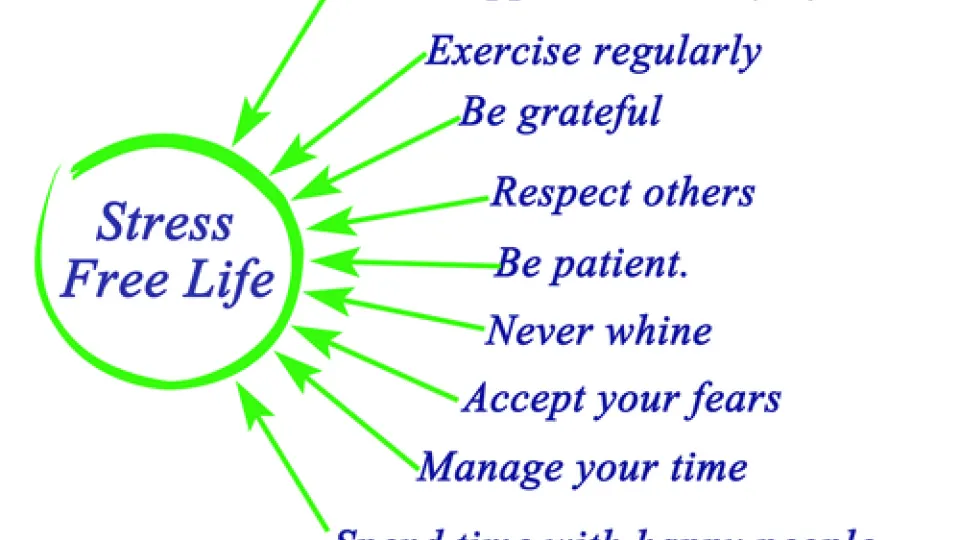
We at Concorde want all our students, faculty and staff to have a healthy and happy holiday season. That's not always easy, especially during health care training. In fact, it rarely is. The holiday season often brings unwelcome guests - stress and depression. In addition to some needed time, off from work and food and football, the holidays also present a dizzying array of demands - parties, shopping, baking, cleaning and entertaining, to name a few.
To help alleviate at least some of that stress, we enlisted the help of some staff folks at the renowned Mayo Clinic to provide some tips on how to manage holiday stress. With a little planning, who knows? You might just find some time away from your health care training to actually enjoy the holidays, even more than you thought you would.
Get a jump on it
When stress is at its peak, it's hard to stop and regroup. However, the best way to combat stressful situations is to avoid stress and depression before it happens.
Here are a few suggestions from the good folks at Mayo on how to do just that.
- Acknowledge your feelings. If someone close to you has recently died or you can't be with loved ones, realize it's normal to feel sadness and grief. It's OK to cry and express your feelings. Don't try to force yourself to be happy just because it's the holidays.
- Reach out. If you feel lonely or isolated, seek out community, religious or other social events. Volunteer your time to help others. It's a great way to lift your spirits and broaden friendships.
- Be realistic. The holidays don't have to be perfect. As families grow and traditions or rituals change, be open to creating new ones
- Set aside differences. Try to accept family members and friends as they are, even if they rub you the wrong way. Set aside grievances for a more appropriate time. There will be other opportunities to air them.
- Stick to a budget. Decide how much money you can spend, and then stick to your budget. Don't try to buy happiness with gifts. Instead, donate to a charity in someone's name, give homemade gifts or start a family gift exchange.
- Plan ahead. Set aside specific days for shopping, baking, visiting friends and other activities. Plan your menus and make your shopping list. This will help avoid any last-minute rushes.
- Learn to say no. Saying yes when you should say no can leave you feeling resentful and overwhelmed. Your friends will understand if they are real friends. If it's not possible to say no to a boss who asks you to work overtime, try to remove something else from your schedule to make up for the lost time.
- Don"t abandon healthy habits. Overindulgence only adds to your stress and guilt. Try to limit binging on sweets or junk food, get plenty of sleep and incorporate regular physical activities into each day.
- Take a breather. Spending just 15 minutes alone, without distractions, can refresh you enough to handle everything you need to do. Find something relaxing to do, such as taking a walk, listening to soothing music, getting a massage or reading a book.
- Seek professional help if you need it. If all these previous tips fail to lift you out of your funk, talk to your doctor or mental health professional.
Take a break from your health care training
Perhaps most important, health care training, especially the accelerated type of health care training offered at Concorde, can be intense and stressful. Use this slower holiday time to step away for a day or two and enjoy time with your family, friends and loved ones. The work will still be there when you return, and you just might be more effective getting it done having enjoyed the break.
With a little planning and some positive thinking, you can find peace and joy during the holidays.
Take The Next Step Towards a Brighter Future
We have a Concorde representative ready to talk about what matters most to you. Get answers about start dates, curriculum, financial aid, scholarships and more!




